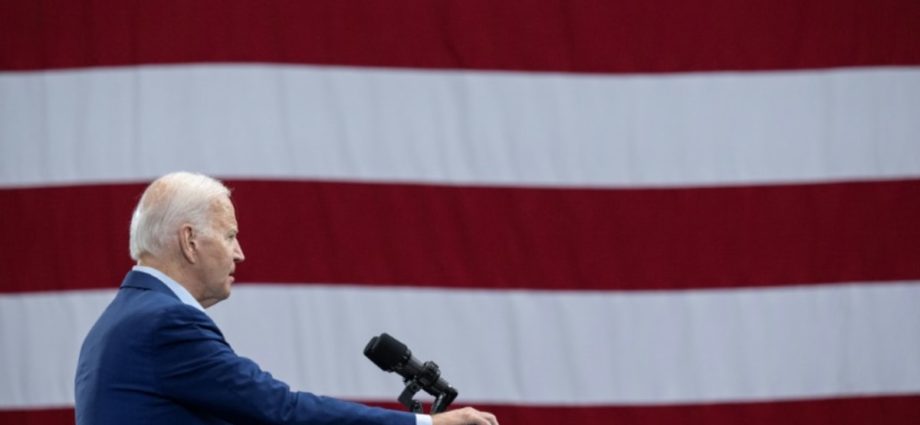
The Treasury is considering a notification requirement for US investments in Chinese entities involved in less advanced semiconductors, and activities relating to certain types of artificial intelligence.
China could exploit US investments to further its ability to produce sensitive technologies critical to military modernisation, the Treasury Department said.
But it anticipates creating an exception for certain US investments into publicly traded securities and transfers from US parents to subsidiaries.
CHILLING EFFECT?
While the volume of dollars or numbers of transactions covered by a ban or notification regime are likely to be quite small, it does not necessarily mean the overall impact will be limited, said Emily Benson, director of the Project on Trade and Technology at the Center for Strategic and International Studies (CSIS).
“It’s possible that while they’re not directly subject to bans, companies will rethink the nature of their investments and that could have a chilling effect on bilateral investment over time,” Benson told AFP.
The latest restrictions come shortly after visits by several high-level US officials to China as Washington and Beijing aim to stabilise ties.
During Treasury Secretary Janet Yellen’s trip to the Chinese capital last month, officials from both sides talked about what such curbs might look like, and she told reporters that any new moves would be implemented in a transparent way.
“I emphasised that it would be highly targeted and clearly directed narrowly at a few sectors where we have specific national security concerns,” Yellen said at the time.
She added that she wanted to allay fears that Washington would implement measures with broad-based impacts on the Chinese economy.
Nicholas Lardy, nonresident senior fellow at the Peterson Institute for International Economics (PIIE), noted that “the share of investment in China that’s been financed by foreign capital in recent years is about one to two percent.”
“If you want to have an impact, you’ve got to get other countries that are making these kinds of investments in China to have a similar regime,” he said.
On Wednesday, a senior government official said key allies and partners have recognized the importance of this issue and “some are seeking to align” their policy approaches.
Outbound investment curbs would not represent an all-out effort to prevent Washington and Beijing from cooperating more deeply, Benson noted.
But “the administration has been trying to land high-level meetings with Chinese officials and it will fall on the US to really demonstrate through targeted language that this is not going to cause huge disruption in investment,” she said.

